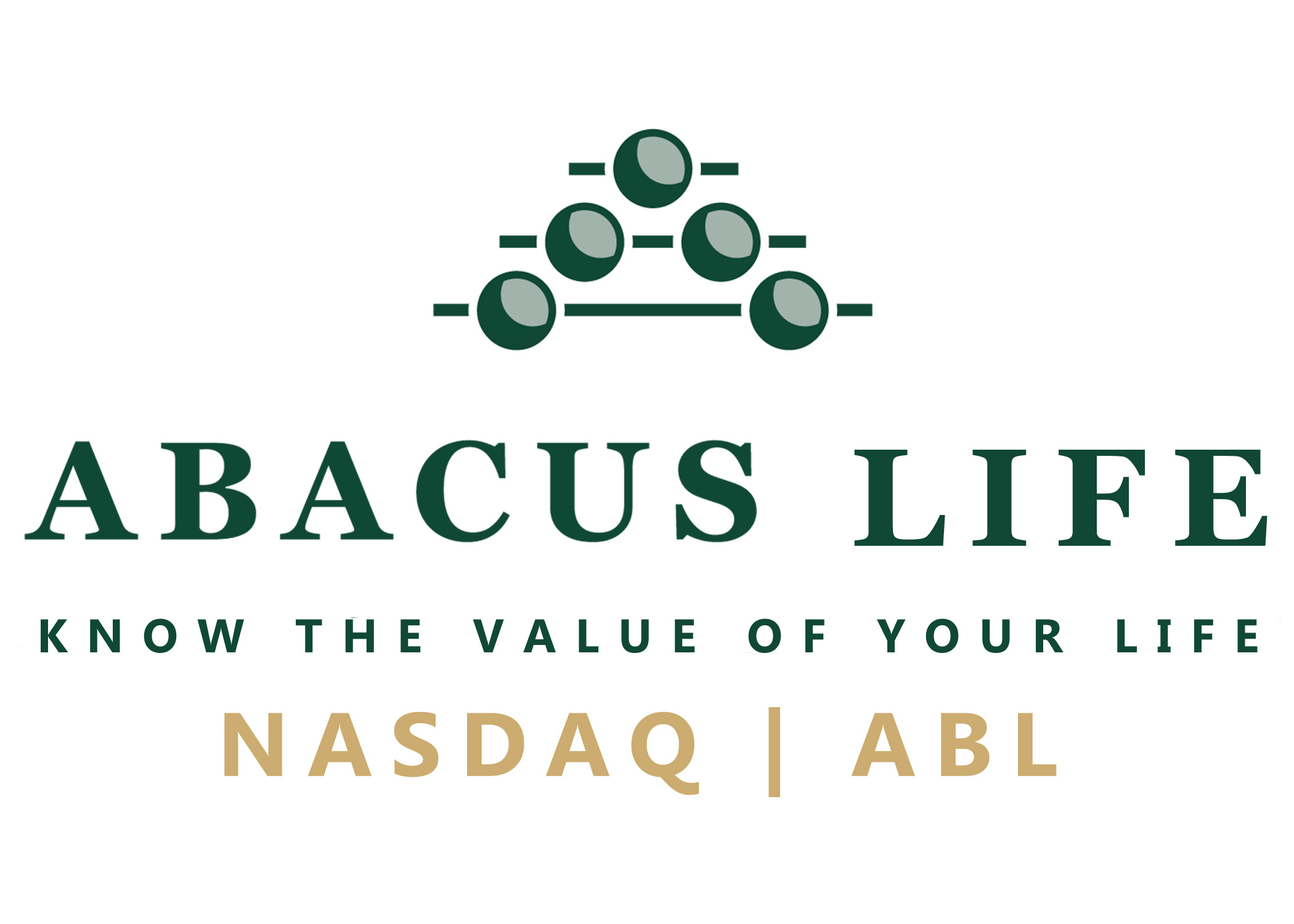What is Music Therapy?
Table of Contents
Music therapy essentially uses music as a tool for improving the emotional, cognitive, and physical health of people suffering from a variety of debilitating conditions. Experts look at it as an ‘expressive therapy’. It can entail anything from simply listening to a certain kind of music, guided therapies, to throwing musical performances.
Studies tell us that music therapy benefits dementia sufferers much in the same way it does those with PTSD, depression, and autism.
Benefits of Music Therapy
There are numerous benefits of music therapy for all. But, it’s particularly helpful for the elderly who may be receiving memory care in an assisted senior living facility. Some of those benefits are:
Better Cognition – Music has the power to encourage positive responses and evoke pleasant memories from the past. It’s not uncommon for seniors to exhibit positive reactions when they listen to their favorite tracks of soothing music.
Encourages Communication – Even patients who have difficulty speaking will often hum or sing along with their favorite tune. In this way, music therapy can encourage communication.
Helps Manage Stress – A decline in cognition and brain health can lead to agitation and emotional stress especially when there’s some pre-existing neurological or mental health condition. Exposing such a person to soothing music can have calming effects. Over a long time, music therapy can improve emotional health dramatically.
Encourages Movement – Music makes you want to dance and move along with the beats. In this way, it can be a fun way to get some exercise. Even some kind of movements like clapping or toe-tapping can nourish physical coordination. Regular use of music therapy can help to build endurance and better mobility.
Better social skills – Group music therapy is excellent for developing social skills. If you have a hard time socializing, you should find music helpful. It encourages interaction among people as they move along to a tune. This can be particularly good for people battling with depression.
Types of Music Therapy Treatments
Because the senior population is so diverse with varying capabilities, options for music therapy are myriad, such as:
Song Selection – Like most individuals, seniors tend to enjoy music from the days of their youth. Most adults can easily recall their favorite tunes and artists. As part of the song selection exercise, seniors get the freedom to recall, pick, and play their favorite songs. This helps to bring positive emotions to the surface. Old songs can make them relive their favorite memories and feel more peaceful.
Sing-Along – Just like people find joy in picking their favorite artists and playing their favorite tunes, much in the same way – sing-along exercises encourage them to sing with the lyrics. As they try to recall lyrics, they exercise various parts of the brain. If the inspiration hits, they can even start dancing. Most therapists will display the lyrics like they do with karaoke. They may also distribute printouts of the lyrics to the group. At times, therapists find immense success in encouraging performances that patients dedicate to their friends and family during holidays.
Name the Song – This is a popular activity across most memory care facilities for seniors. As obvious, Name the Song is an exercise wherein a music therapist plays short clips based on which the participants have to then guess the name of the song. The idea is to conjure up their favorite memories from the past linked to that song. It’s also great for the brain and cognitive health.
Playing classical tunes – It’s common knowledge that classical music carries therapeutic and relaxing properties. People of all ages can use old classical tunes to feel more calm and peaceful. Seniors will find it particularly relaxing especially right before going to bed. Listening to classical music is one way to ensure a good night’s sleep.
Senior Housing Options With Music:
Due to the myriad benefits that music therapy carries, most assisted senior care facilities will have it as part of their social activities. Below are some senior housing options that use music therapy:
The Village Concept:
The village concept combines the elements of community-based living with local businesses. In this way, it encourages the elderly to come and live together. They get to stay in their own homes and grow old. The idea is to instill a sense of connection, community, and independence. The concept of village living is best for people who want help similar to a retirement community but without having to leave their homes.
A village doesn’t offer services directly rather via some sort of concierge facility or liaison. The real help comes from other able-bodied village members like the youth groups involved in community work.
Residential Care Home:
Residential care homes are small facilities that offer personalized service to a small group of adults. Other names for one such community is – care homes, adult family homes, and personal care homes. It’s good for people who need more personal, individual, and home-style care.
Residential care homes offer services like meals, lodging, and help with ADLs.
Assisted Living Community:
A typical assisted living community houses small apartments and offers a wide range of services. The facility is ideal for older adults who want to enjoy their independence but also receive some level of help. There can be communities that offer higher levels of care.
You can expect to have staff available day and night along with 3 meals a day. Additionally, you receive help with dressing, bathing, medication, transportation, and housekeeping. There’s also a common dining area and space for social/recreational activities.
Skilled Nursing Facility:
This option is for seniors who need round-the-clock supervision and care along with intense health management. People with debilitating conditions or who require memory care and can no longer care for themselves would find this option best. To care for the elderly a nurse is always present.
Other than that, a licensed physician provides regular supervision to monitor the health of the residents. There can be special services for people with memory issues, including Alzheimer’s care, or those with physical conditions.
Final Thoughts
Music Therapy is an excellent tool no matter at which stage of Dementia a person is. It’s good for mental health also. By encouraging movement, communication, and coordination music can instill a sense of control in the elderly with various conditions.
About Abacus Life
Abacus Life Settlements has been a leading buyer of life insurance policies in the U.S for the last 16+ years. With over 10$ billion in policy face value purchased, we have helped thousands of clients maximize the value of their life insurance. We provide white-glove services to financial advisors and policy owners. Want to learn about the true value of your Policy? Check out our Market Value Calculator to get a free estimate.
A Guide to Music Therapy in Senior Living Facilities 2021 | Abacus Life






